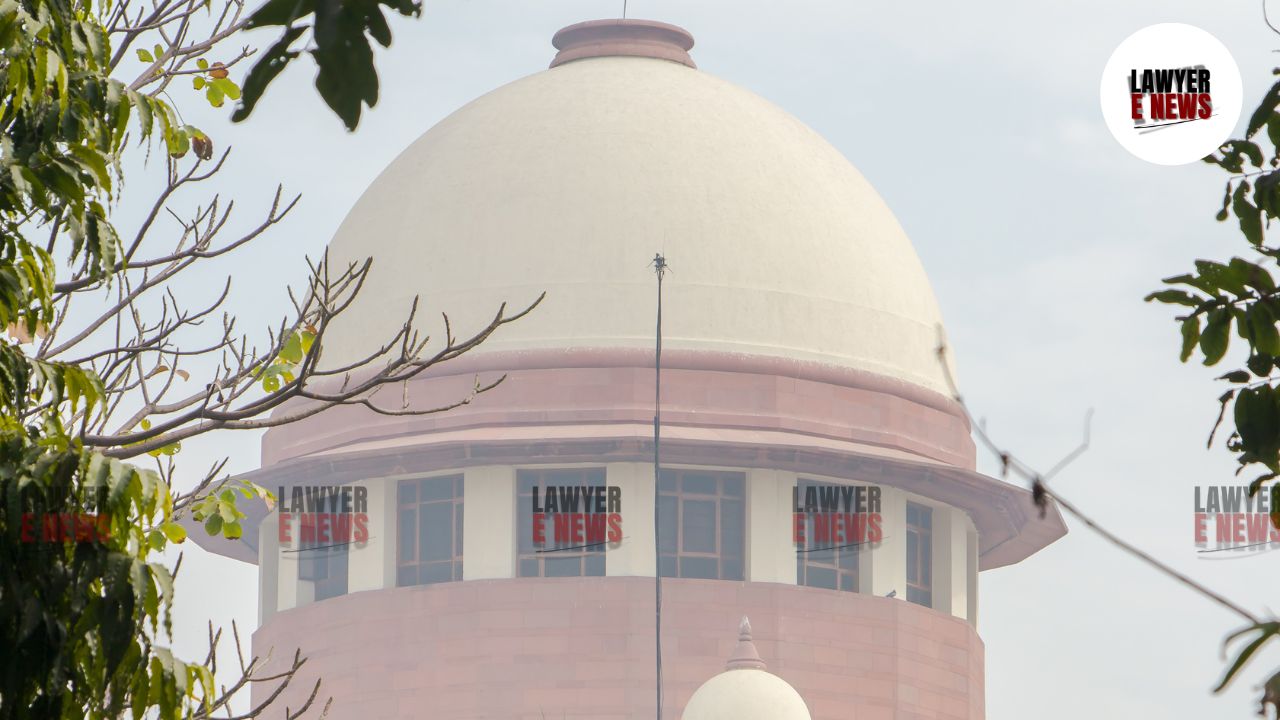-
by sayum
14 February 2026 2:22 PM



The Supreme Court of India, in its decision dated July 23, 2024, in the case of BRS Ventures Investments Ltd. vs. SREI Infrastructure Finance Ltd. & Anr., has provided significant clarifications regarding the liability of sureties and the application of subrogation rights under Section 140 of the Indian Contract Act. The bench, comprising Justices Abhay S. Oka and Pankaj Mithal, addressed the issue of whether payment by a guarantor in a corporate insolvency resolution process extinguishes the liability of the principal debtor.
BRS Ventures Investments Ltd., the successful resolution applicant for Assam Company India Limited (ACIL), paid Rs. 38.87 crores to SREI Infrastructure Finance Ltd. as part of ACIL's corporate insolvency resolution process (CIRP). This payment was claimed to be in full and final settlement of SREI's dues, which originally stood at Rs. 241.27 crores. However, SREI subsequently filed an application under Section 7 of the Insolvency and Bankruptcy Code (IBC) against Gujarat Hydrocarbon and Power SEZ Limited, a subsidiary of ACIL and the original borrower, for the balance amount.
The Supreme Court's judgment delves into the intricacies of the liability of guarantors and principal debtors, the concept of subrogation under Section 140 of the Indian Contract Act, and the implications of CIRP on such liabilities.
The Court reaffirmed the well-established principle that the liability of a surety is co-extensive with that of the principal debtor, unless otherwise provided by the contract. Justice Oka noted, "The creditor can proceed against both the principal borrower and the guarantor independently and simultaneously." This principle is entrenched in Section 128 of the Indian Contract Act, which states that the surety's liability is co-extensive with that of the principal debtor.
Addressing the issue of subrogation, the Court clarified that under Section 140 of the Indian Contract Act, the surety is entitled to step into the shoes of the creditor only to the extent of the amount paid to discharge the debt. "The surety's right to recover from the principal debtor is limited to the amount actually paid to the creditor," the judgment emphasized.
Justice Oka highlighted the significance of equitable principles in interpreting Section 140, stating, "The doctrine of subrogation is rooted in equity. The surety's rights are commensurate with the extent of the payment made, and not beyond." Furthermore, the judgment noted, "The mere partial payment by the guarantor does not extinguish the remaining liability of the principal debtor."
The Supreme Court's ruling in this case underscores the independent and co-extensive liability of guarantors and principal debtors. By clarifying the application of subrogation rights under Section 140 of the Indian Contract Act, the judgment ensures that creditors retain the ability to pursue outstanding dues from principal debtors, even after receiving partial payments from guarantors. This decision is expected to significantly impact future insolvency proceedings and the interpretation of suretyship in Indian contract law.
Date of Decision: July 23, 2024
BRS Ventures Investments Ltd. vs. SREI Infrastructure Finance Ltd. & Anr.
